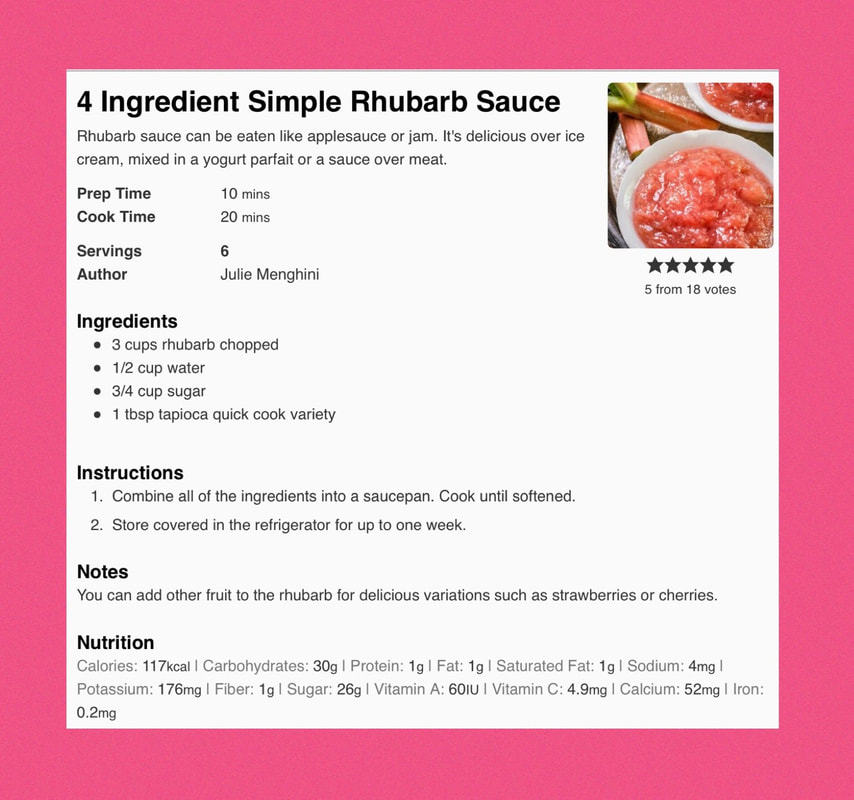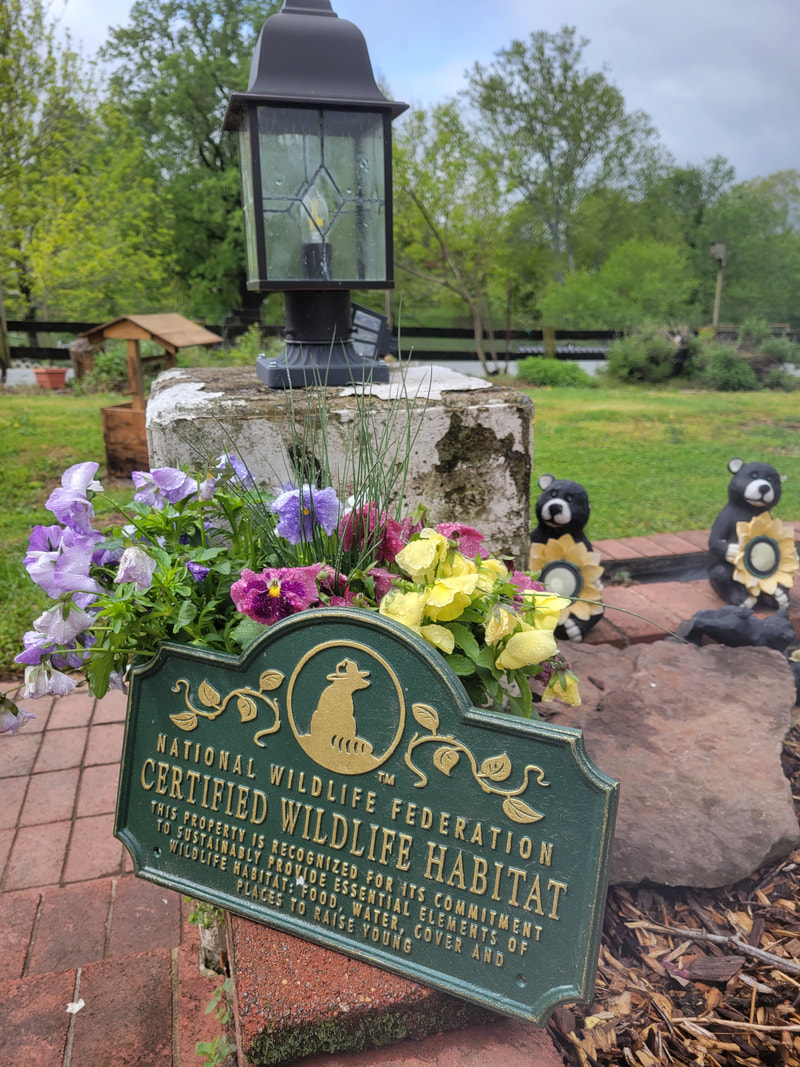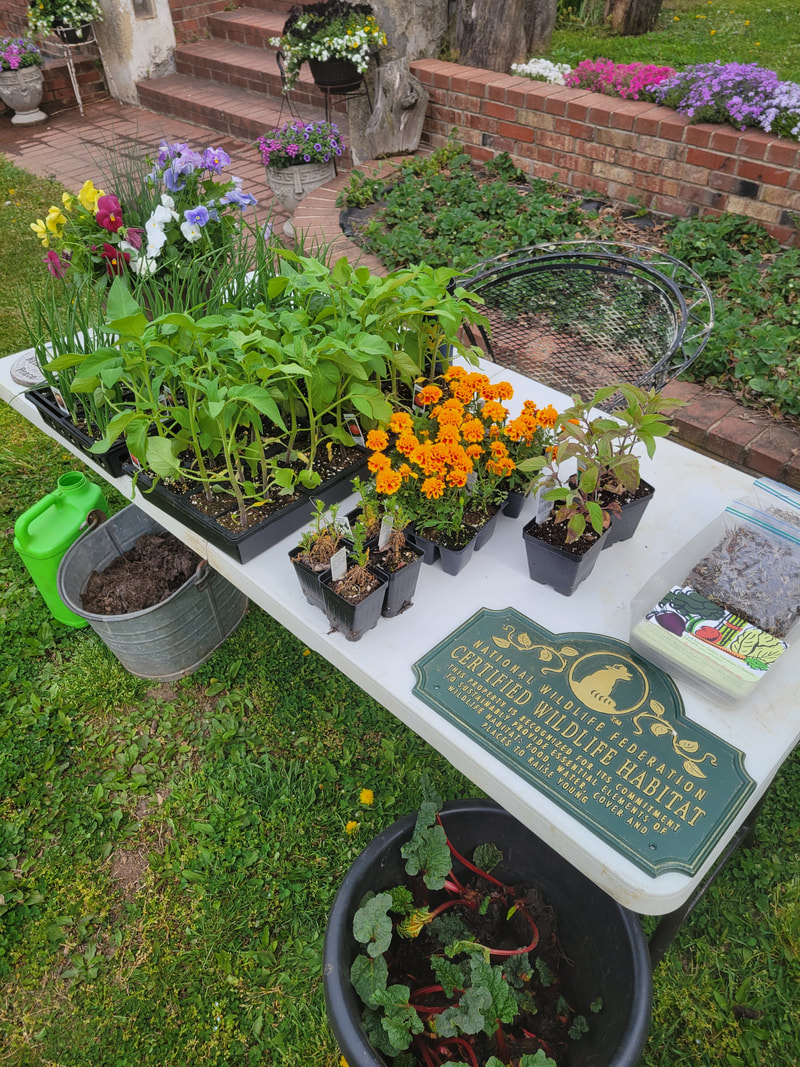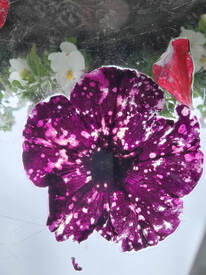Spring is Springing
at Sycamore Spring Farm
Welcome to our 2023 Farm Newsletter Series! Our goal is to publish every two weeks to keep YOU up to date on farm happenings, fresh recipes, announcements, and farm reflections. Submit recipes and photos through our social media pages for a chance to be featured!
Announcements
🚚 DELIVERIES and MONTHLY shares start this week!
➡️Deliveries are THURSDAYS ONLY at the following locations:
What to Expect This Week
More spring stuff!
You may notice that you’re getting lots of turnips and rhubarb this time of year! The reason is because once something is ready to be harvested, it usually sticks around for a while. To help you with your current abundance, here are two Featured Recipes for TURNIPS (click the link) and RHUBARB (pictured below!).
Announcements
🚚 DELIVERIES and MONTHLY shares start this week!
➡️Deliveries are THURSDAYS ONLY at the following locations:
- New Market: Pickup is between 4 - 6 p.m. at The Village Potter on Main Street in New Market. The Village Potter is located at: 73 W Main St, New Market, MD 21774
- Gaithersburg: Pickup is from 3:30-5:15 p.m. in the Kentlands Market Square parking lot, between the At Home and Lowes stores
- Rockville: Pickup is from 5:30-6:45 p.m. at 1150 Carnation Drive
What to Expect This Week
More spring stuff!
- Lettuce mix
- Bunch of turnips OR beets
- Green garlic
- Green onions
- Radishes
- Rhubarb
- Sweet potato
- Fresh herb choice
- Dried soup beans
You may notice that you’re getting lots of turnips and rhubarb this time of year! The reason is because once something is ready to be harvested, it usually sticks around for a while. To help you with your current abundance, here are two Featured Recipes for TURNIPS (click the link) and RHUBARB (pictured below!).
Fun Farm Fact
🌎🦋As Earth Month comes to a close, we wanted to make sure everyone knows that Sycamore Spring Farm has been certified as a Wildlife Habitat by the National Wildlife Federation! This means the property has the required number of elements for each of the following:
🌎🦋As Earth Month comes to a close, we wanted to make sure everyone knows that Sycamore Spring Farm has been certified as a Wildlife Habitat by the National Wildlife Federation! This means the property has the required number of elements for each of the following:
- 🍎Food
- 💦Water
- 🌳Cover
- 🐣Places to Raise Young
- 🔄Sustainable Practices
Farmer Carol Wisdom
Farmer Carol spoke about “Wonder” this week, after listening to an NPR piece on the topic. Through the radio she could hear the wonder in children's voices as they spoke about chickens and all the different chicken expressions they could pick out- how amazed they were at the fact that chickens even had emotions!
😮Wonder is not only for children, though. Having a sense of wonder has been shown to have beneficial impacts on our daily lives and wellbeing. Wonder is defined as “the awe we feel when we encounter something powerful that we can’t easily explain.”
You may find wonder in the face of something spectacular, or mundane. We find plenty of those moments here on the farm- from the birth of a new litter of puppies, to a colorful flower pasted against the glass table just so. We are constantly in awe of the beautiful nature surrounding us.
As you tap into that “something” larger than yourself, your sense of self shrinks, and so too do your mental chatter and worries. At the same time, your desire to connect with and help others increases. People who experience wonder also report higher levels of overall life satisfaction and well-being. We invite you join us in searching for, and letting in, WONDER, around every corner!
Farmer Carol spoke about “Wonder” this week, after listening to an NPR piece on the topic. Through the radio she could hear the wonder in children's voices as they spoke about chickens and all the different chicken expressions they could pick out- how amazed they were at the fact that chickens even had emotions!
😮Wonder is not only for children, though. Having a sense of wonder has been shown to have beneficial impacts on our daily lives and wellbeing. Wonder is defined as “the awe we feel when we encounter something powerful that we can’t easily explain.”
You may find wonder in the face of something spectacular, or mundane. We find plenty of those moments here on the farm- from the birth of a new litter of puppies, to a colorful flower pasted against the glass table just so. We are constantly in awe of the beautiful nature surrounding us.
As you tap into that “something” larger than yourself, your sense of self shrinks, and so too do your mental chatter and worries. At the same time, your desire to connect with and help others increases. People who experience wonder also report higher levels of overall life satisfaction and well-being. We invite you join us in searching for, and letting in, WONDER, around every corner!
Thank you,
Sycamore Spring Heart Team 💚
Sycamore Spring Heart Team 💚






 RSS Feed
RSS Feed